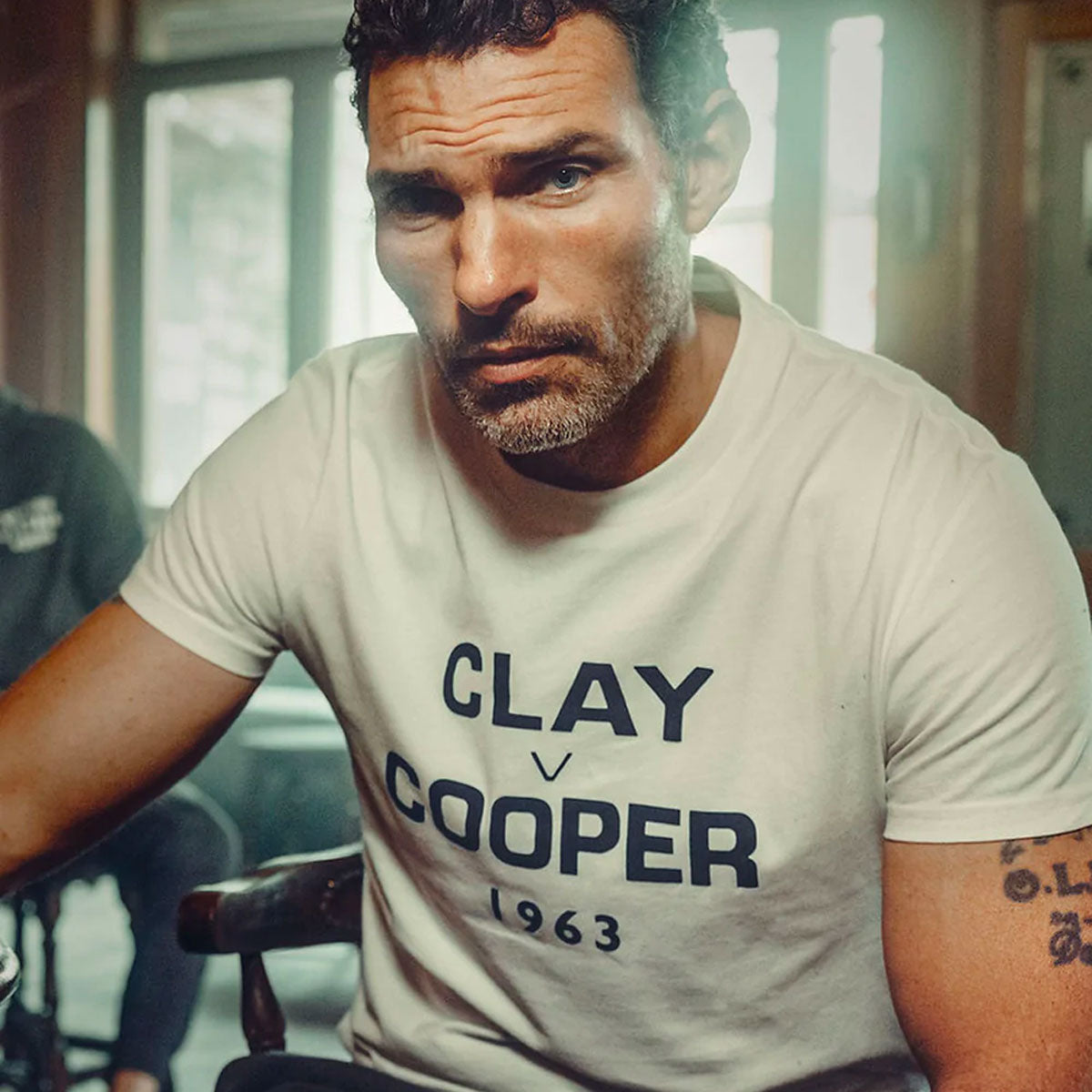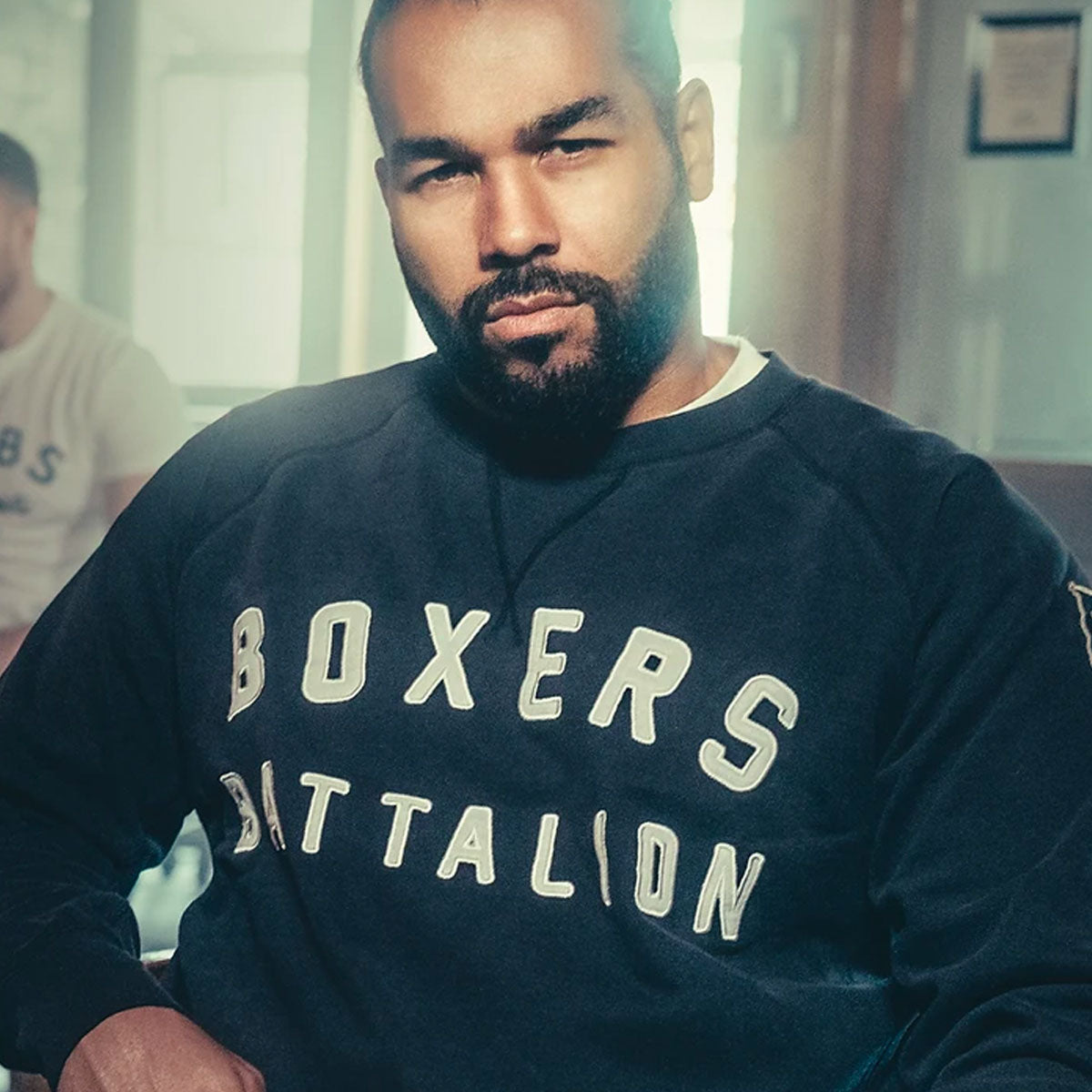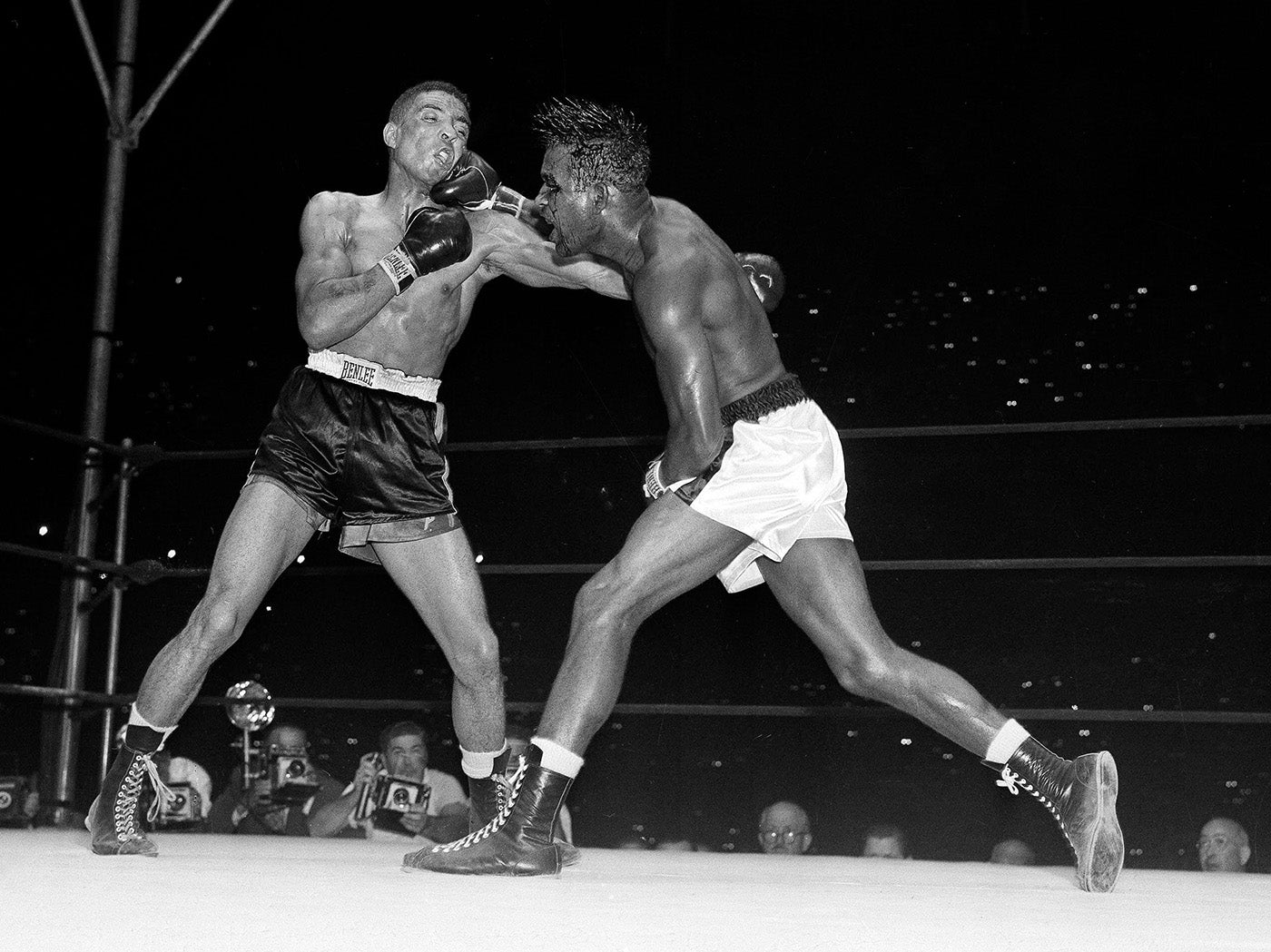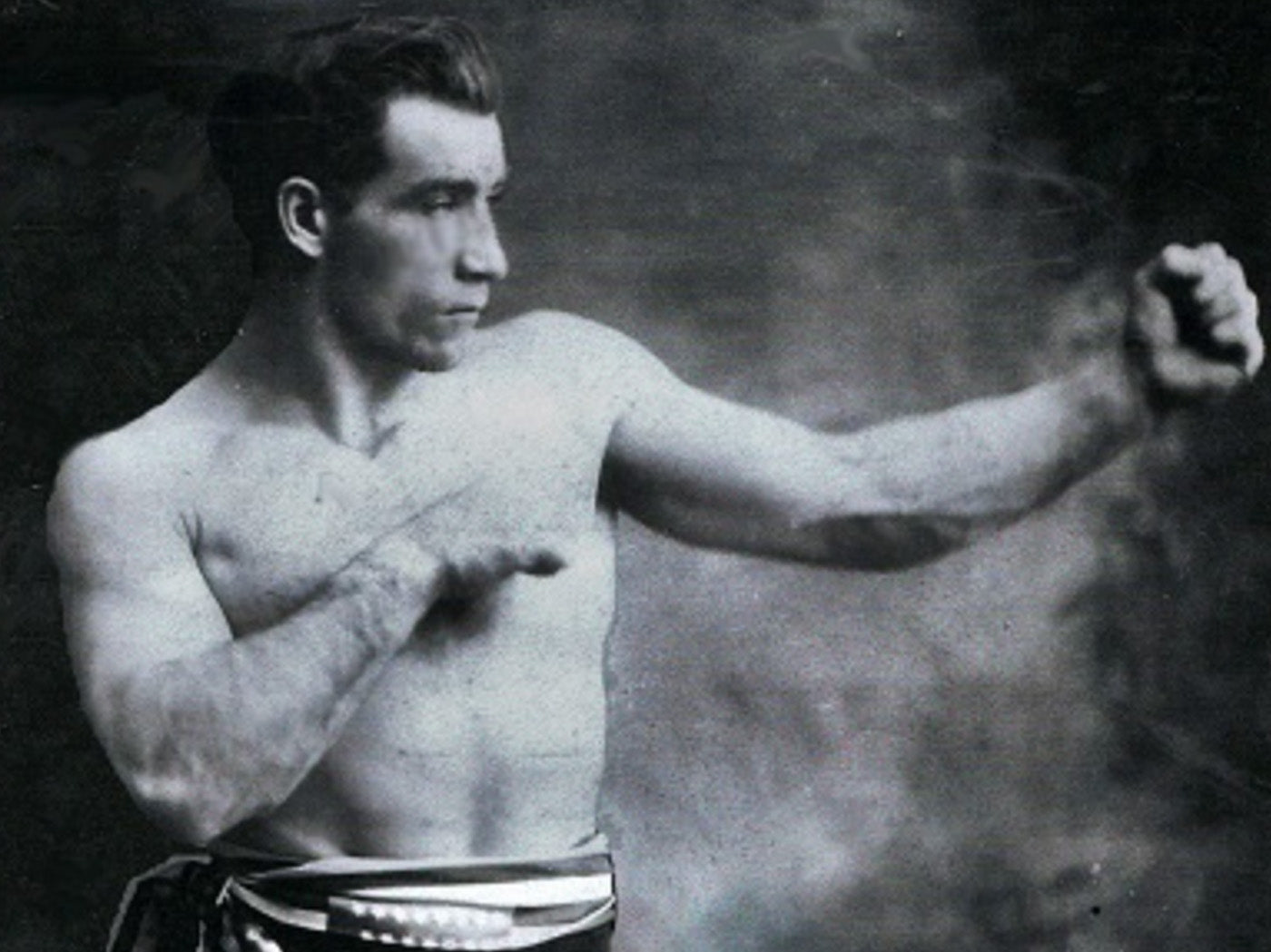'What are eight million dollars compared to the love of eight million Cubans.’
Teófilo Stevenson

The above quote was in response to a very lucrative offer, to turn professional after Stevenson’s second consecutive Olympic heavyweight gold medal, at the 1976 Games. The offer was actually nearer $5 million dollars to fight nonother than Muhammad Ali. In essence, The Greatest fighting the greatest.
Despite the best efforts from the likes of Bob Arum and Don King, it was a fight which unfortunately never materialised and one which many tipped Stevenson to win. A similar offer was made a few years later to Stevenson’s successor, Félix Savón, to fight Mike Tyson and again, the offer was turned down, despite a ludicrous amount of money being offered and Savón being the favourite. So why exactly did possibly Cuba’s most famous athletes of all time turn down such life changing sums of cash? The answer is, morals and integrity……with a little bit of influencing. Also, the media and politicians decided to stick their oar in and make it a battle between Cuban Communism versus American Democracy, which certainly didn’t help to bring the fight to fruition.
It's a debate which will continue for years. Who would win? Stevenson had all the tools and power to dismantle Ali, yet, he had been primed his whole life for three round contests, under different rules. Ali on the other hand was himself an Olympic gold medallist and had been in with some of the hardest punchers in history in the pro ranks. Who would have won? We’ll never know.
Professional boxing was banned in Cuba from 1962, due to their then leader, Fidel Castro regarding the sport as corrupt and consequently convincing his fellow Cubans to compete for the glory of representing their country instead of their bank balance. As a result, many great Cuban boxers never got to test their full potential under professional rules and many others left their home country, changed nationalities and fought under the banner of other countries.
Back to Teófilo. Another reason he declined the offer to fight Ali in 1976, is because his work in the amateur ring was far from over and he would go on to raise the bar to unparalleled heights.

Teófilo Stevenson Lawrence was Cuban born, but the exact whereabouts of his birth has never fully been confirmed. Puerto Padre is the most common answer, however, Las Tunas has also been in the mix, as has Jamaica. All we do know is that he was born on 29 March 1952.
Teófilo ’s mother, Dolores was first generation Cuban, from St Kitts heritage, whereas his father, Teófilo Stevenson Patterson, an immigrant from Saint Vincent, worked the docks and took on a number of jobs to pay the bills, including teaching English.
Stevenson Sr was a large frame of a man and had a passion for training and sparring in boxing gyms. Despite having a rumoured 10 fights as an amateur, his dislike of the payment for boxers made him give up and concentrate on gaining a trade.
However, it was Sr’s involvement in the square ring that inspired young Stevenson to lace up the gloves at nine years of age. Under the tutelage of former light heavyweight national champion, John Herrera, Stevenson started to rack up the silverware and by 1968 won gold at the Cuba Junior Championships, at light middleweight.
A knockout victory over Nancio Carrillo gained the attention of the onlookers, due to Carillo having represented Cuba at the 1968 Olympics in Mexico City. It was at this point Cuba hired in some help from the East.
Stevenson’s learning curve went vertical when he started training in Havana with the Union of Soviet Socialist Republics (USSR) coach, Andrei Chervonenko, who had set up a boxing school in the country’s capital. Up to this point, Stevenson’s style was based more under the fundamentals of professional boxing, whereas Chervonenko showed him how to win fights under the amateur scoring system, through his vast experience of success with some of the best Eastern European fighters at the time.

By the age of 17, Stevenson was now boxing in the senior ranks, albeit, the vastly talented Cuban started off with two points losses against Adolfo Galvez (1986) and Gabriel Garcia (1969), in the Playa Giron - Cuban National Championships.
However, in 1970, Stevenson beat Earl McClear to win the Central American and Caribbean Championships, followed by a trip to Bulgaria, where he won three fights in six days to win the Friendship Tournament Heavyweight crown.
In 1971, Stevenson reached the finals of the Pan American Games in Colombia, falling short against the highly talented American, Duane Bobick (the same man who would deny Larry Holmes passage to the 1972 USA Olympic Team). Stevenson did however pick up the bronze medal and the same year travelled to Germany to win the TSC tournament and also won the Playa Giron - Cuban National Championships once again.
One year later and Stevenson locked horns with Bobick again, in what was simply an outstanding fight. In 12 months, Stevenson was simply a different beast. Physically, mentally and technically, he was displaying traits of a legend in the making. On this occasion, they were paired at the 1972 Olympic Games at Munich in the quarter finals.
 Stevenson vs Bobick 1972 Olympic Games
Stevenson vs Bobick 1972 Olympic Games
As the fight moved into the third and decisive final round, Stevenson floored the defiantly good, Bobick three times and in doing so progressed to the semifinals, to face German, Peter Hussing.
After smashing the German in the second round, (who claimed to have never been hit so hard before) Stevenson went on to pick up gold and consequently become the Olympic heavyweight champion, after Romanian, Ion Alexe was unable to make the final due to a broken hand. For the small number of naysayers who claimed Stevenson was gifted his prize, he would go on to prove that he was indeed, no fluke. In fact, the 1972 Olympics was to mark an unprecedented run of amateur brilliance beyond the next decade.
Stevenson despatches Peter Hussing in the semi-finals 1972 Olympic Games
In addition to his coveted Olympic gold, in the very same year, Stevenson also went on to receive the Val Barker Trophy and the Merited Master of Sport of the USSR, which is an honour rarely awarded to non-Russian nationals.
Two years later, Cuba awarded Stevenson two large houses for his continued successes in the ring, which came under attack from the AIBA president, Anwar Choudry, claiming that this practice did not run along the guidelines of the amateur system. The Cuban officials responded by saying that’s how they rewarded their athletes. End of story.
Stevenson went on to win the World Championships in 1974 in front of adorning fans in Havana, Cuba, followed by Gold at the Pan American Games in 1975. Between 1973 – 1976, Stevenson’s only losses came at the hands of Russian, Igor Yvsotsky, which included his only ever knockout loss. Incredibly, despite 161 victories as an amateur, Yvsotsky would never compete at the Olympics.
 Stevenson in training camp, Havana, Cuba preparing for the World Amateur Boxing Championships
Stevenson in training camp, Havana, Cuba preparing for the World Amateur Boxing Championships
In the summer of 1976, Stevenson wowed fans in Montreal, Canada, with a string of glowing performances, stopping the big Fin, Pekka Ruokola and future professional world heavyweight champion, John Tate in the semifinal. Former world heavyweight champion, George Foreman was commentating ringside and he was asked if he believed Stevenson had what it took to make the transition to the pro ranks. Foreman responded, ‘I haven’t seen that much class and skill in amateur or professional boxing! In my opinion, Stevenson would undoubtedly become the world heavyweight boxing champion, because he has the skill and qualifications.’
Funnily enough, comparisons of Stevenson were often made with both Foreman and Ali, in terms of having the speed, footwork and agility of Ali, whilst possessing similar power to Foreman. Standing at 6ft 4 inches, with an abundance of talent, in boxing terms, he was the complete nightmare package to meet in the ring.
After dispatching Tate, Stevenson forced Romanian, Mircea Simonto to retire in the third round of the final. He was now a double gold medal Olympian. Over 30 years later, Stevenson told Associated Press, ‘The Olympic Games in Munich and Montreal are the fondest memories I have from my life, the best stage of my career.’
 Stevenson vs Istvan Levai (Semi-final) Moscow 1980
Stevenson vs Istvan Levai (Semi-final) Moscow 1980
Four years later, USA boycotted the Olympics in Moscow and although his route to gold was not easy, but let’s say it was ‘easier.’ Stevenson won his first two fights by stoppage, beating Hungarian Istvan Levai in the semifinal, then winning gold by beating Piotr Zaev of the Soviet Union. Although the boycotting is something which worked in Stevenson’s favour on this occasion, it turned out to be his arch enemy for the next two Olympic Games.
 Stevenson defeats Piotr Zaev to win gold Moscow 1980
Stevenson defeats Piotr Zaev to win gold Moscow 1980
In 1982, Stevenson lost to Italian, Francesco Damiani at the World Championships, which scuppered his consecutive trilogy run of golds at this tournament. The Italian went on to claim silver and then two years later also gained silver on the Olympic podium in Los Angeles, at the 1984 summer Olympiad. Damiani turned professional in January 1985 and went on to become European and WBO world heavyweight champion, with a very respectable pro record of 30-2, with the two losses coming at the hands of Ray Mercer and Oliver McCall. The loss against Damiani denied Stevenson the possibility of four golds on the bounce in the World Championships.
Over the next four years, Stevenson continued to create a blaze of success, gaining gold at the Friendship Games in 1984 and a further third gold at the World Championships in 1986 in Reno, Nevada. Sadly, politics has a way of affecting the trajectory of success for so many athletes and the 1984 Olympics was no different for Stevenson, as Cuba boycotted the games. Tyrell Biggs, who Stevenson had defeated shortly before, in a Cuba versus USA tournament, went on to win the Olympic super heavyweight gold medal, which was the first time this weight class had been introduced. Once again, Stevenson was denied the chance to gain four gold medals in four consecutive major tournaments. In fact, Stevenson may well have had a chance of gaining five gold medals, had Cuba also not boycotted the 1988 Olympics in Seoul. The boycott was the straw breaking the camel’s back for Stevenson and he retired shortly after Cuba’s withdrawal in 1988.
Although denied the chance to expand his collection of Olympic medals, in 1987, Stevenson was awarded the highly prestigious Olympic Order, which is the most distinguished award for any athlete to be awarded by the International Olympic Committee, for their contribution to sport.
Stevenson retired with a sensational amateur boxing record of 302 wins, 22 losses and eight draws, although folklore has Stevenson fighting in as many as 600 amateur contests. However, it’s not just the wins, it’s the calibre of the fights he was in, the opposition he defeated and the way he did it.
Hungarian László Papp was the first boxer to win three consecutive gold medals in the Olympics, however, Stevenson, the second to reach such fistic heights, made history by being the first to win three consecutive golds in the heavyweight ranks. Add fellow Cuban, Félix Savón into the group and the trio are the only triple consecutive Olympic boxing gold medallists in boxing history.
Stevenson went on to live in Havana, became part of the coaching detail within the national squad and held the coveted position of vice president of Cuba’s Boxing Federation. Sadly, he died from complications relating to heart disease on 11 June 2012, in Havana Cuba. He was only 60 years old and was survived by his two children.
With what he achieved in the ring from 1966 - 1986, a lifespan of perhaps 600 years would have been more fitting for a character of such legendary status. Is Teófilo Stevenson Lawrence the most famous boxer you may never heard of, who never fought for money? Perhaps…. But now you do know him and can spread the word.
Fidel Castro commented on the news of Stevenson’s death: ‘Teófilo Stevenson deserves the recognition of the Cuban people for his athletic success derived from his discipline, his dedication to the sport, his courage... We believe that he set a very valuable example... This young man, the humble son of a humble family... said he would not exchange his people for all the dollars in the world.’ (The Independent, 2012).
Paul Zanon, has had 11 books published, with almost all of them reaching the No1 Bestselling spot in their respective categories on Amazon. He has co-hosted boxing shows on Talk Sport, been a pundit on London Live, Boxnation and has contributed to a number of boxing publications, including, Boxing Monthly, The Ring, Daily Sport, Boxing News, Boxing Social, amongst other publications.

